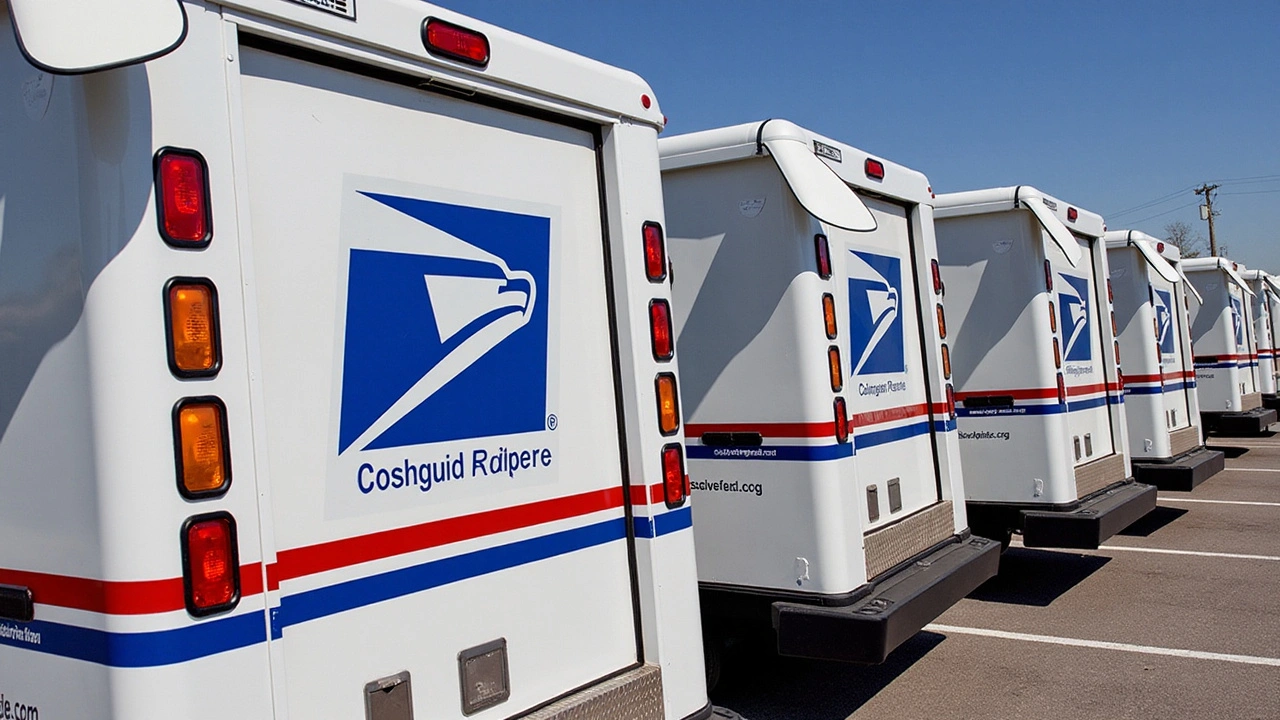Columbus Day — when it is, what it means, and what to expect
Columbus Day is a U.S. holiday held on the second Monday in October to mark Christopher Columbus’s 1492 arrival in the Americas. Many people think of parades, school projects and bank closures. But the day now means different things to different communities — from celebration to protest.
Why Columbus Day is controversial
Columbus is historically linked to exploration, but his voyages also began a period of colonisation that brought violence, slavery and disease to Indigenous peoples. That history has prompted growing criticism. Cities, states and institutions have started replacing Columbus Day with Indigenous Peoples’ Day or adding events that centre Indigenous voices. You’ll see this mix of views in news stories, public events and classroom discussions.
If you’re planning an event or lesson, expect both supporters who focus on navigation and Italian-American heritage and critics who highlight the harms of colonisation. A balanced approach is to acknowledge both the historical facts and the lasting impacts on Indigenous communities.
What to expect on Columbus Day — practical tips
Travel and services: Banks, some schools and many government offices close on Columbus Day, but not all businesses do. If you have travel plans or need public services, check hours in advance. Flights and public transport usually run, but customer service desks or municipal offices may be shut.
Events and museums: Cities that keep the holiday often host parades, cultural festivals or Italian-American community gatherings. Museums and cultural centres may run talks or exhibits about exploration and Indigenous history. If you want to attend, look up local listings early — smaller events can fill up fast.
Protests and rallies: In many places you’ll see rallies for Indigenous rights or protests against Columbus Day celebrations. These can be peaceful or tense, so if you plan to be nearby, stay aware of local news and avoid confrontations.
Teaching and family conversations: For parents and teachers, Columbus Day offers a chance to update how the story is told. Use primary sources, Indigenous perspectives and age-appropriate materials. Simple activities: compare maps before and after contact, read Indigenous storytellers, or discuss how historical events affect people today.
How to mark the day respectfully: If you want to observe, consider attending events that honour Indigenous culture, support local Indigenous organisations, or join community dialogues. Celebrate cultural heritage without erasing the experiences of others.
Looking for more? Follow local news for parade routes, school announcements and protest alerts. If you’re outside the U.S., note that other countries mark related dates differently — and the conversation about colonisation and commemoration is global.
Columbus Day can be a simple day off or a moment for thoughtful discussion. Knowing what to expect helps you plan travel, choose events, and have informed conversations that respect different perspectives.

